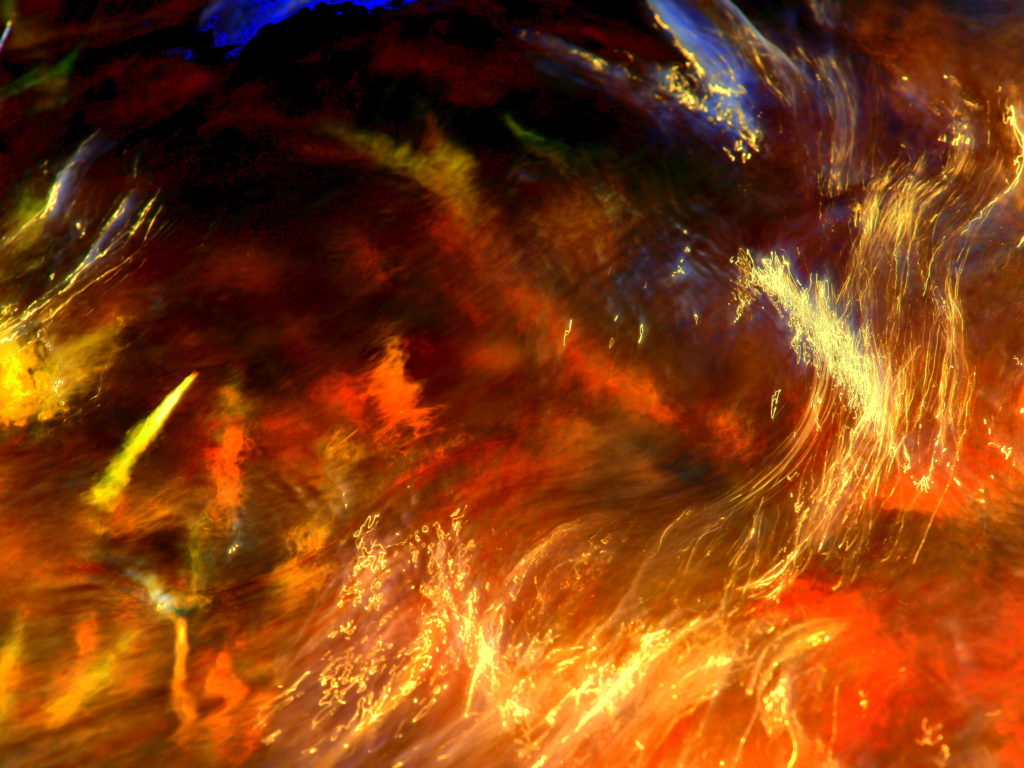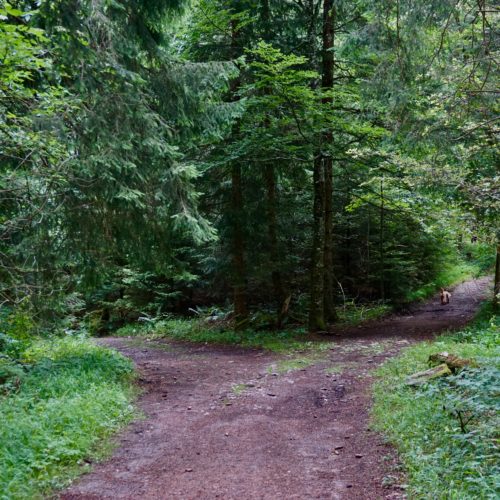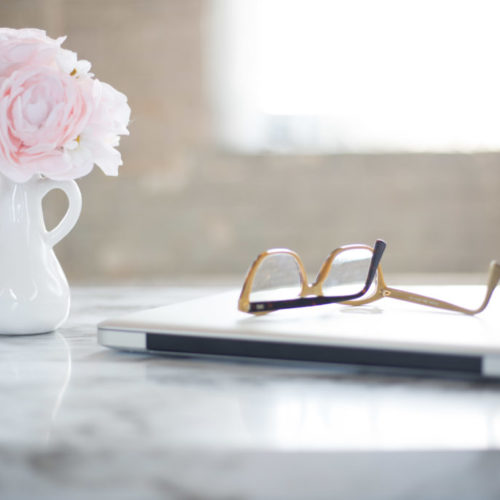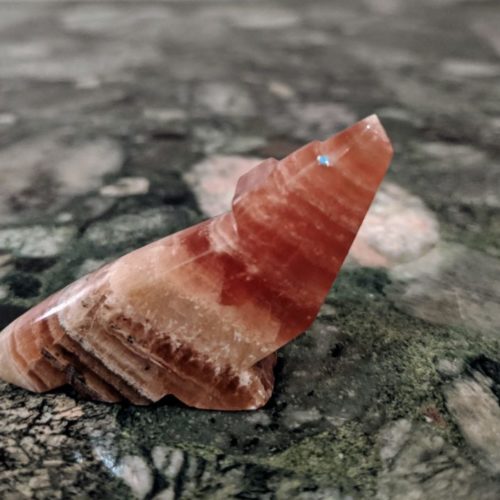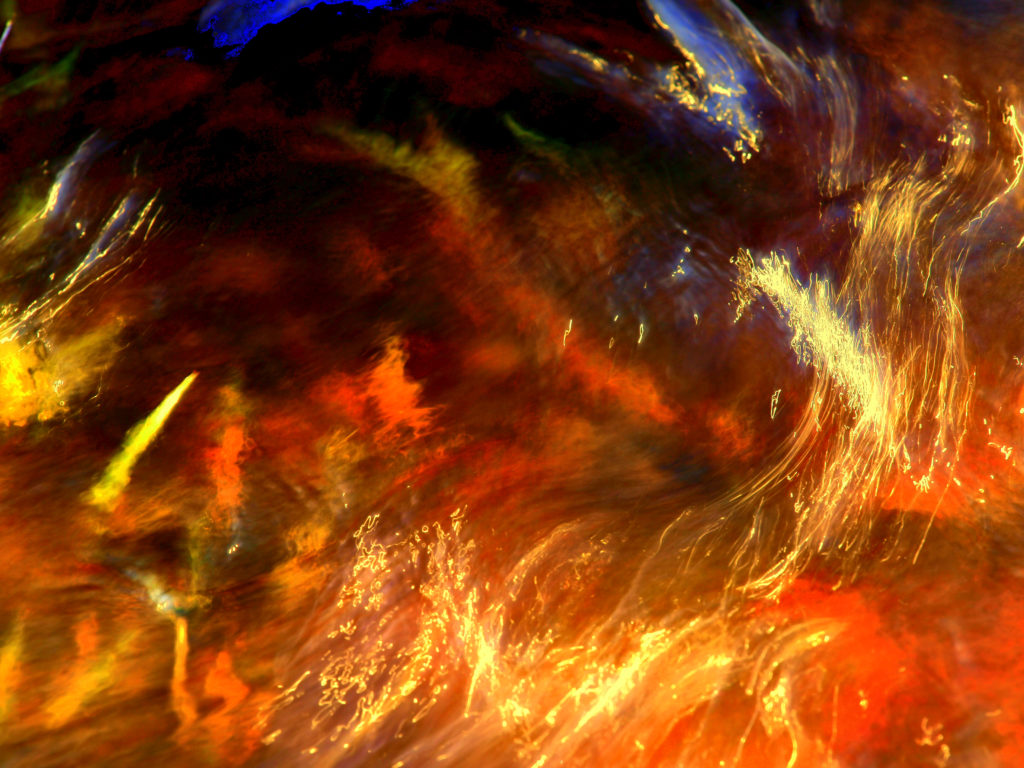
So far, 2020 has not been an easy year to say the least. Right now, as wildfires are raging in the Western US, the air quality is hazardous and friends are losing their homes to the flames. It’s scary and another stark reminder how tough and unpredictable these times have been.
I’ve been sitting with dissonance for a while. I experience myself in a pretty comfortable bubble, and yet it feels like the world around me is falling apart.
I am grateful for the abundance I live in. I have plenty of interesting work. My partner and I are enjoying the extra time we have together now that we’re not traveling for our jobs. Most of my family, friends, and colleagues are healthy.
And yet, people everywhere are getting sick and are dying. Some risk their lives in order to hold on to their jobs. Many are newly unemployed and struggle to make ends meet. Democracy seems under serious threat. Racial injustice and systemic inequality, and its dire consequences for people of color, can no longer be ignored. Mother earth is hurting badly, and every day our “modern” lifestyle is adding to her pain. Wars and armed conflicts are present in many countries. It’s not just Covid that’s taking away too many lives too early. The pandemic reminds us that suffering is a fact of life. We can’t be human and not suffer. And we have our own ways of coping with suffering, big and small. This is something I have paid a lot of attention to lately as I think about my own good fortune in the context of the pain of so many others.
What do I do with this, knowing that I contribute to perpetuating an unjust and unsustainable system that favors white people and wrecks the planet?
Do I ignore the situation, and just get on with my life? Hard to do when I am deeply aware of its consequences for so many. What do I do with my feelings of guilt and shame about being on the more sunny side of life? Acting from such a place can be a source of hurtful and destructive behavior, especially when we’re unaware of the basis for our actions. What about practicing some gratitude? Seems a good idea at first, but is it enough? When does feeling grateful become over-indulgent? How is it supposed to lead to positive change in the world? And what about anger? Seems like we have too much of it in the world already. Anger feels toxic to me, but I also know it can ignite powerful action for good.
So many questions are swirling in my head and make it tough to engage in something that feels useful or appropriate.
I’m taking a few deep breaths. The problem solving mind that often serves me so well is not helpful in this particular moment. It takes a while until I can feel myself settle. What else is here? My awareness eventually lands in my heart. I feel pain. The pain of others, and my own. It’s not easy to stay with, and I know it’s important. So I do my best to take it one inhale by one exhale. I feel sadness rise in my chest, up into my throat, into my eyes. I wish for the release that comes with tears, but they’re not flowing. I keep the awareness on my breath and I stay with the pain. In my mind’s eye, I see images of suffering. Other people’s. My own. I breathe and stay with it. I feel a strong pull from the ground. I become aware of what’s holding me. My legs and sit bones are supported by the earth, the chair. I feel my spine straighten and my shoulders relax. More space becomes available in my chest and heart. And my head is starting to feel clearer.
I am reminded that suffering is part of being human. It’s also part of being human that we want to be free from suffering. That we inflict suffering on to others. And that we want to help alleviate the suffering of others.
It’s a lot to hold. The head alone is having a hard time making sense of it. If we want to be fully present to suffering, the body can help us ground and expand. Then the waves of suffering don’t have to carry us away. Instead we can become the ocean in which the waves rise and fall. The wave of pain and sadness that was almost sweeping me away is now becoming part of what feels like the expansive ocean of my being.
From this place, I become clearer. I’m not separate from the world. I want to cherish it and protect it. And I can’t do it alone. Everything in life is interconnected. We are not parts in isolation, or a collection of separate parts, even though our mind often wants us to think that way. Compartmentalizing, on the surface, makes things easier. It makes us feel like we have more control.
Yet the illusion of control will not save us. What can redeem us is becoming present to our interdependence. The kindness, respect, and compassion that arises from a felt sense of being part of a whole. This is the place from which wise action emerges.
I have no silver bullet. But I can take small steps. I can offer a room in my home to someone who had to evacuate from the fires. I can speak up when I hear or see a racist or sexist comment. I can approach someone who just triggered me, with a sense of curiosity instead of judgment. I can think of mother earth every time I buy plastic or use my car, which may change my behavior. I want to cultivate more and more actions that arise from being in touch with my wiser self. And learn to become aware of and minimize reactive responses born from guilt, shame, anger, or fear.
Here is what you can try, next time you find yourself caught up in a spiral of thoughts and emotions that are difficult to make sense of. Try to suspend the mind and follow your breath. Pay attention to feelings and bodily sensations. Slow it way down. When thoughts take over, gently let them go. Stay with unpleasant emotions if you can. It’s an invitation to be curious and let feelings and sensations move through you, just as they are. An invitation for your system to settle, and gain more access to the clarity that comes from your inner wisdom. An invitation to transcend the problem solving mind. Think about it as pulling the awareness down from your head into your heart, so you get the benefit of both your intellect and your capacity for compassion.
And rather than limiting yourself by asking “how do I fix this?”, start an inquiry into how you could serve with what’s available to you at this moment. Chances are that one small step will reveal itself to you. One small step that you can take now and build on for more sustainable change over time.
Photo Credit: Bob Richards

